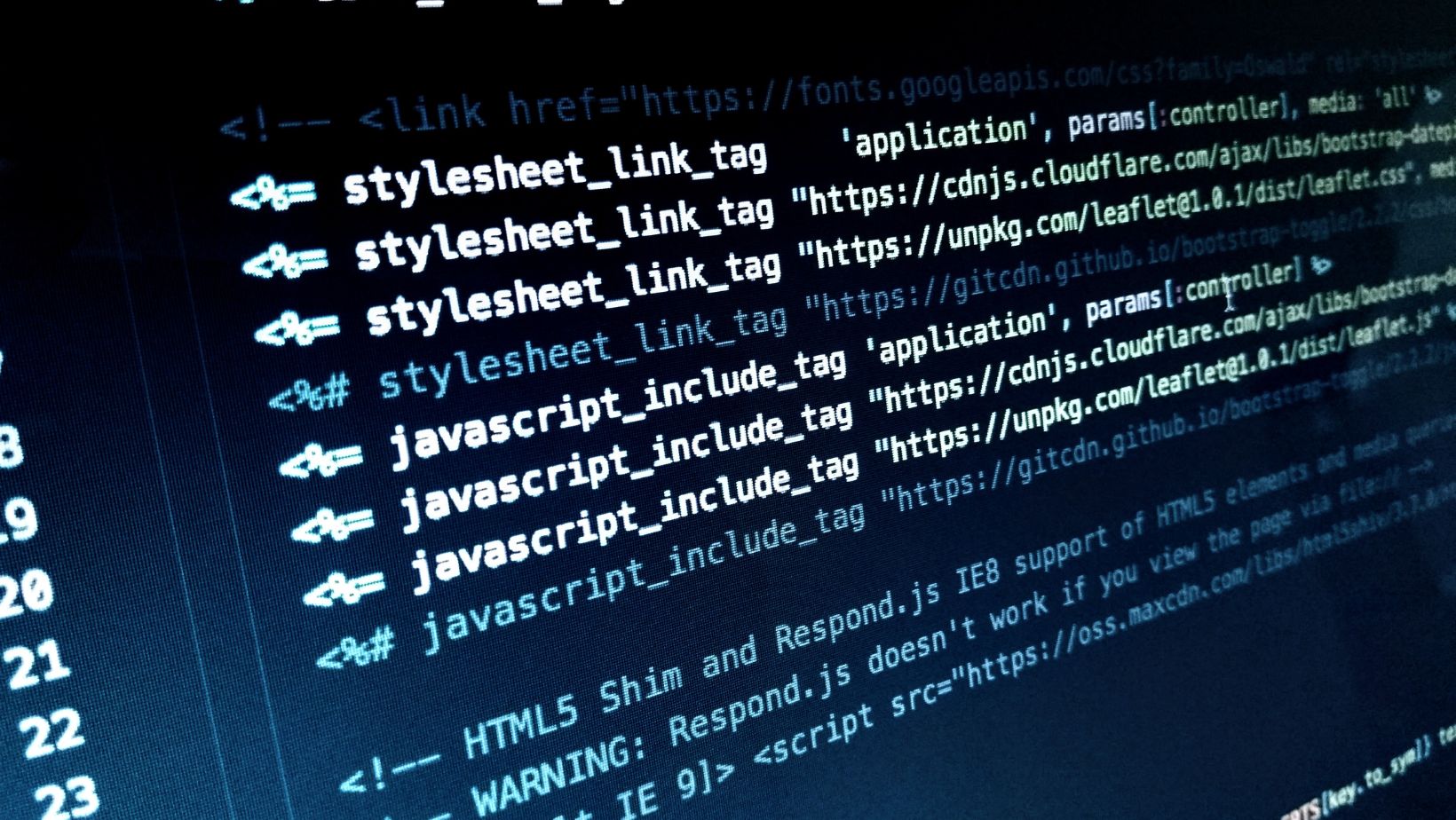
The software engineering sector is more vibrant than ever before, changing at a fast rate with the development of artificial intelligence, cloud computing, and cybersecurity. Engineers who wish to remain relevant need to constantly update their skills to match changing industry needs.
By 2024, companies are looking for more than just code writers. They need problem solvers, critical thinkers, and engineers who understand modern development techniques, security best practices, and scalable design. As companies embrace more automation and AI-based tools, software engineers also need to adapt by including their skills beyond traditional coding.
So, how can developers remain competitive in this evolving environment? It starts with knowing the most valuable skills and their impact on the future of software engineering.
The Growing Role of AI and Machine Learning in Development
Artificial intelligence is no longer a buzzword but is now an integral part of software development. Companies are investing significantly in AI-powered applications, from recommendation engines to predictive analytics and intelligent automation. This means that engineers with a thorough knowledge of AI and machine learning are in high demand in the job market.
Yet, the contribution of AI to software development is more than model construction. Developers need to be competent in using AI APIs, optimizing code generated by AI, and using AI responsibly. Ethical issues of bias and transparency of decision-making call for engineers to comprehend how AI algorithms work and how to make them unbiased and explainable.
With tools like GitHub Copilot and ChatGPT leveraging AI to help with automating aspects of the coding process, developers are left with the task of concentrating on crafting algorithms, data processing, and system integration. The future is less about AI replacing developers and more about developers learning to collaborate with AI.
Cloud Computing and Scalable Architecture
Cloud computing is still leading the software industry, with businesses shifting their applications to scalable distributed systems. Cloud-native applications, serverless architecture, and microservices architecture are in greater demand than ever before, and knowledge of platforms like AWS, Azure, and Google Cloud is a highly sought-after skill.
New applications need to be scalable and fault-tolerant, so engineers need to be familiar with containerization (Kubernetes, Docker) and Infrastructure-as-Code (Ansible, Terraform). Employers also need candidates who have experience with cloud security, cost optimization, and multi-cloud strategy in order to maintain their applications running reliably and securely.
With cloud-first development as the new norm, the software engineers who don’t get cloud fundamentals may be left behind. Being competitive means knowing how to deploy, manage, and optimize applications within cloud platforms so that it gives performance and security.
Cybersecurity and Secure Coding Practices
Since security attacks continue evolving in terms of complexity and refinement, security matters more for software engineers today. Those days have passed when an individual used to delay planning for security—companies today include safety in all phases of their design process.
As increasingly data breaches and ransomware attacks occur, organizations need engineers who have knowledge of secure coding practices, authentication mechanisms, and encryption techniques. Understanding DevSecOps, security compliance frameworks (e.g., GDPR and SOC 2), and vulnerability testing is as crucial as writing working code.
Those developers who take the time to educate themselves on cybersecurity and implement security-first coding practices will be in the driver’s seat in 2024. Across web applications, cloud environments, and AI models, security-conscious engineers are highly sought after.
The Shift Toward DevOps and Automation
The modern software development process is built upon automation, with developers embracing DevOps practices at the forefront. Companies no longer want development and operations teams to be siloed from one another; they expect software developers to be experienced in CI/CD pipelines, automated testing, and infrastructure management.
With Jenkins, GitLab CI/CD, and Docker, automating deployments and releases of software have never been easier. By reducing human involvement, engineers are able to improve efficiency, cut down on errors, and accelerate delivery timelines.
Working on automation does not mean developers are writing less code—it means they are writing smarter code, more maintainable code that plays nicely with automated workflows. Engineers who can intelligently manage build processes, cloud deployments, and system monitoring will continue to be in high demand.
Mastering Full-Stack Development for Versatility
While specialization is essential, companies also value engineers who can bridge the stack. Full-stack engineers who possess the capability to design the frontend and backend of apps are becoming more valuable because companies desire fast development teams with the potential to oversee multiple projects.
Modern full-stack development includes familiarity with client-side frameworks like React, Angular, or Vue.js, and backend technologies like Node.js, Python, or Java. Familiarity with database management (SQL and NoSQL) and API creation is also essential to create scalable applications.
This shift toward full-stack proficiency does not mean engineers should become masters of every technology. Instead, it highlights the value in being adaptable and having good problem-solving and software architecture fundamentals. Those who are able to switch between different parts of a tech stack will have better opportunities in an oversaturated job market.
The Importance of Soft Skills and Collaboration
While technical capabilities continue to be important, companies are now focusing more on soft skills in software engineers. The ability to communicate effectively, collaborate with cross-functional teams, and think critically about business objectives is as important as writing good code.
As most development teams are distributed, engineers must excel at asynchronous communication, documentation, and coordination with heterogeneous teams distributed across time zones. Companies seek people who can own projects, make constructive feedback contributions, and be successful in distributed teams.
For developers looking to advance their careers, acquiring leadership skills, mentoring junior developers, and contributing to open-source projects are all great ways to stand out. Being technically able to explain technical concepts to non-technical individuals will also be an extremely valuable skill in 2024.
How to Stay Competitive in the Evolving Software Industry
Since so many shifts are characterizing the future of software engineering, staying ahead of the curve requires a proactive approach to learning and professional growth. Engineers must continuously update their skill sets, experiment with new technologies, and engage in lifelong learning.
Online tutorials, coding boot camps, and tech conferences are excellent means of learning more. Contributing to open-source projects and working on personal coding projects are also wonderful ways of gaining some experience. Networking with other professionals and becoming involved in developer communities can also result in new opportunities.
For whoever is willing to change things for the better, now is the moment to embrace software engineering’s future and take advantage of the growing demand for expert engineers. If you’re ready to apply your expertise in a dynamic, remote-first environment, consider taking the next step and apply for remote jobs that align with your career goals.
The Road Ahead for Software Engineers
The demand for software engineers is not decreasing, but the industry expectations are changing. The employers now seek engineers who can learn to adapt to new technologies, embrace automation, and develop secure and scalable applications.
By focusing on AI integration, cloud computing, security best practices, DevOps, and full-stack development, software engineers can future-proof their careers and remain ahead in the evolving tech landscape. More importantly, acquiring effective communication and collaboration skills will set top candidates apart in a rapidly evolving industry.
The best engineers of 2024 will not just be great coders—they’ll be innovators, solvers, and strategic minds who understand the big picture of software creation. Through learning continuously, sharpening skills, and being in step with the latest industry trends, developers can place themselves at the cutting edge of this exciting and constantly changing field.







